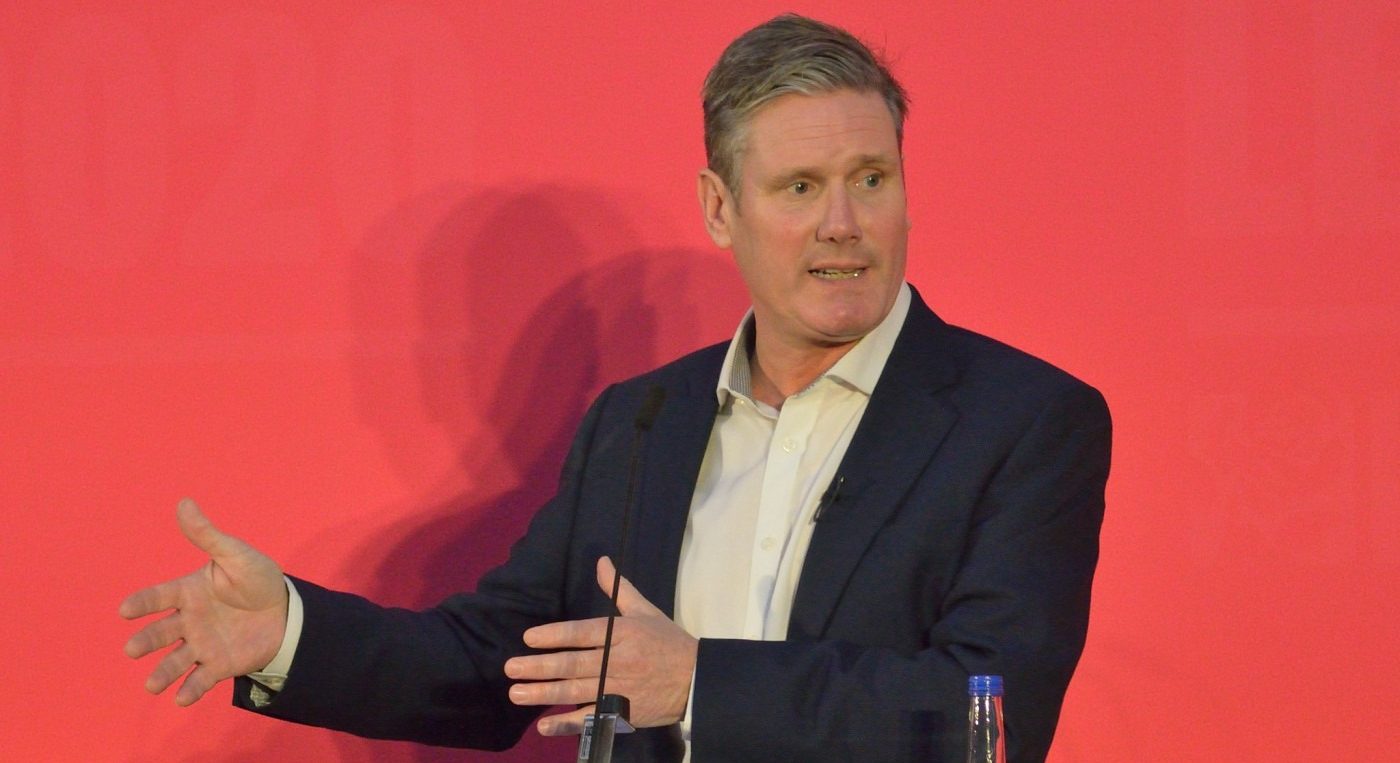Labour and its struggle with the past
Spectres are a powerful force in politics, and not always in the way you might think. Political parties battle to define themselves both with and against their past. In the case of Keir Starmer’s Labour Party, the desire to depart from its past under Jeremy Corbyn could not be clearer. Starmer has gone to lengths much further than Tony Blair’s repudiation of Clause IV or Neil Kinnock’s war against ‘Militant’ (a radical socialist Labour faction in the 80 and 90s). Nonetheless, he still cannot be certain that his association with Corbyn will not come back to haunt him. The past and the spectres it produces can prove pervasive, however strongly disproven.
But Starmer has not just looked to the past as motivation for change, but also as inspiration for success. The problem for Sir Keir is that there isn’t much inspiration out there to look to. There is only one man alive who has led Labour to election victory, yet even that success story seems to be in circumstances much different to now. Starmer often finds himself asked which of the three defining and electorally successful Labour Prime Ministers of the 20th century — Clement Attlee, Harold Wilson or Tony Blair — he identifies with most. Lately, aware of the growing scale of the task he faces, he has resolved to rhetorically combine the challenges of all three.
It was a comment which rankled a party already suspicious in part of Starmer’s personal politics
Such is the shape of the challenge for Starmer that he has recently even called upon Conservative Prime Ministers as sources of inspiration. Writing in the Telegraph back in December, he praised Thatcher’s focus on ‘setting loose our natural entrepreneurialism’. It was a comment which rankled a party already suspicious in part of Starmer’s personal politics. For critics on the left, it was evidence that Starmer had completed a full 180° from the Corbyn-lite 2020 leadership candidate he once purported to be.
Perhaps that is partly the case. Viewed pretty crudely, it was an appeal to current Conservative voters who may well have also helped Thatcher into Downing Street in 1979, 1983 and 1987. And yet it also represented a keenness to cling to any sort of demonstration of success he can find. Given the economic constraints of his current proposals, Starmer has found his space for expression and ideas limited. But by referring emotively and symbolically to figures of the past, he was attempting to define his leadership and vision in new terms.
The problem with clinging on too easily to these spectres is that they can also have a stifling impact. By referencing Thatcher, and in doing so receiving criticism for an apparent partial endorsement of a Conservative leader, he found himself closed off to new means of identification and further limited by the constraints of the past. Thatcher may have loved to draw affinities between herself and Winston Churchill late in her premiership, but she did not find herself needing to refer to leaders of the past in order to present her vision, nor did Blair become uncomfortably wedged between his own party’s past figure — the Attlees, Wilsons and Callaghans.
He may well find himself having to make a totally new history of his own
Starmer did later slightly step back from his comments, emphasising on Radio 4’s Broadcasting House that he was associating more with Thatcher’s ‘sense of purpose’ than practical political ambitions. His identification with the former Prime Minister in this aspect may have been fair, but in attempting to wage in on a battle for ideas, he found himself further pulled into a battle with the past. In trying to do something achieved only three times in the last century, Starmer has found himself trapped. All of his party’s defining political leaders are either from a period so seemingly asynchronous with our own or plagued by complicated feelings that he cannot easily clutch onto any of them. His more comfortable embrace of Blair and his allies in the last few years has seemed less out of desire than necessity, a keenness to look to Labour’s only recent success at whatever personal price. But when it comes to achieving what would be an unprecedented victory at the general election, he may well find himself having to make a totally new history of his own.

Comments